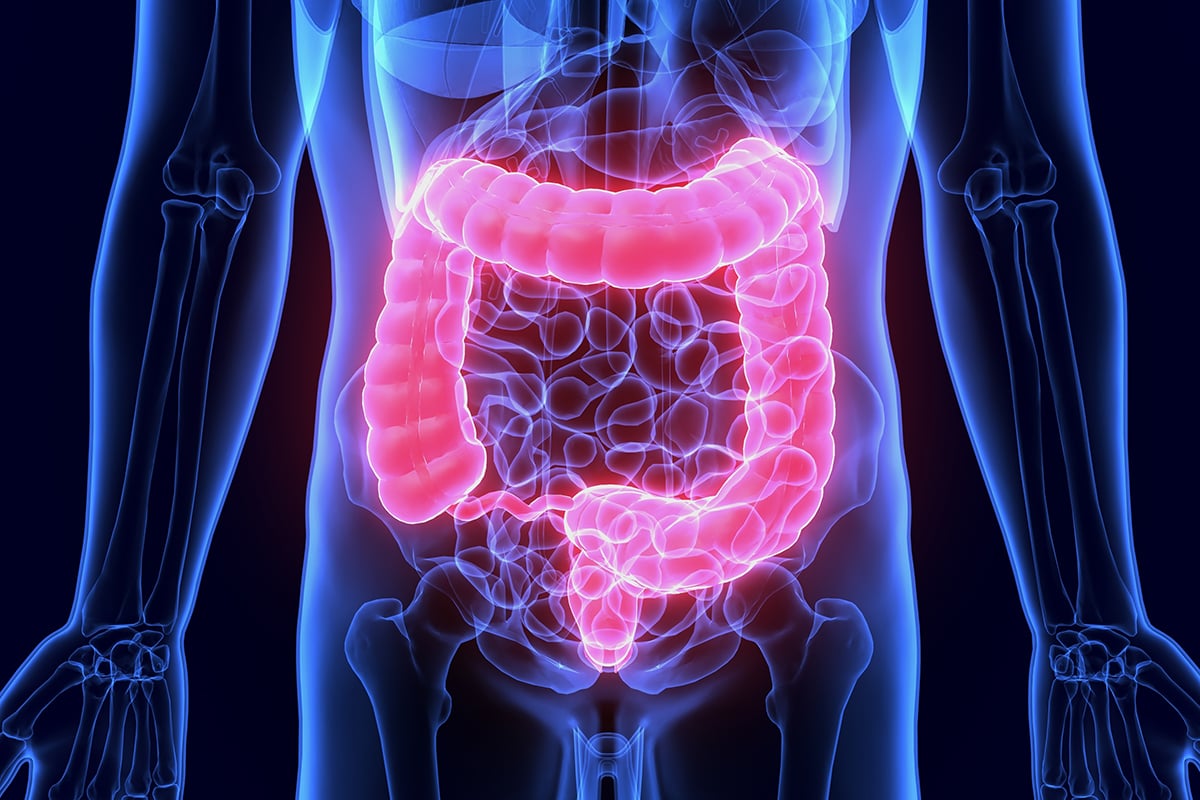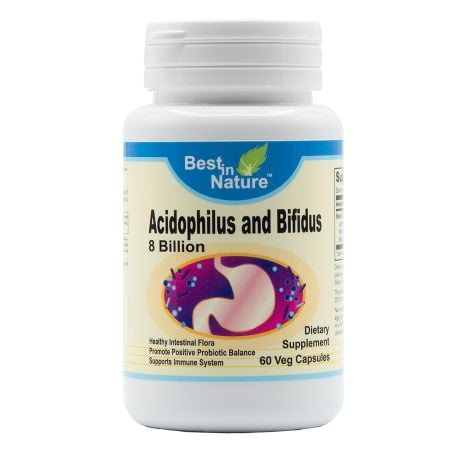
They might not seem related at all, but the health of your gut microbiome and the health of your bones may be more closely linked than you’d ever have imagined. Remember that every bit of calcium, magnesium, zinc, Vitamin D or other nutrients will need to be processed in the gut before it can be used to strengthen your bones and joints.
The Gut-Bone Axis
You may have previously heard of the term gut-brain axis (a connection between the health of your gut microbiome and the health of your brain). The link between your gut health and bone health is so strong that scientists have similarly coined the term “gut-bone axis.” Of course, the composition of your diet itself matters so getting enough calcium, vitamin C, collagen, magnesium, and zinc are also imperative to the state of your bone health.
When it comes to gut health, the gut microbiota regulates bone cell formation and breakdown through its effects on host metabolism, immune function, and hormonal secretion (remember that rheumatoid arthritis is an autoimmune condition and osteoporosis affects women more because of hormonal changes). One key mechanism that has come to light is the release of short-chain fatty acids that regulate bone cells.
Which Gut Bacteria are Associated with Bone Density?
You’re probably wondering quite naturally, whether there are specific strains of bacteria associated with bone density. The current data out there is from animal studies but it indicates that the following strains are beneficial for bone health:
- Lactobacillus acidophilus (mouse study on Lactobacillus and bone health)
- Bifidobacterium (study on Osteoporosis)
- Lachnospiraceae (two cohort study on gut microbiota and bone density)
Can Poor Gut Health Lead to Bone Loss?
The gut microbiome is a complex system with nearly 8000 bacterial strains that exist in a delicate balance. When this balance is thrown off, it results in a condition known as dysbiosis.
Dysbiosis results in several symptoms that could lead to bone health problems down the line including; malabsorption, malnutrition, and chronic inflammation. Furthermore, there’s a correlation between dysbiosis and bone loss via serotonin synthesis; where high levels of serotonin can result in low bone mineral density (BMD), which is the main risk factor for osteoporosis. .
Recent data even suggests that the drop in estrogen levels that contributes to osteoporosis might be related to the gut microbiome. Estrogen promotes osteoblasts which produce bone this is why when women reach menopause their BMD lowers as well putting them at higher risk for osteoporosis.
Is There a Specific Bacterial Strain That Leads to Bone Loss?
For a long time scientists couldn’t identify any specific bacterial strains that led to bone loss even though they found indications of a relationship between gut health and bone health.
But that changed with a recent study aiming to identify specific microbiome-related biomarkers for bone health which found that bacteroides vulgatus was associated with bone loss.
The study was conducted on peri and postmenopausal Chinese women and later validated on a white US population.
Can Probiotics Be Used to Treat Osteoporosis?

A pre clinical meta analysis from last year suggests that probiotics can combat several health conditions including postmenopausal bone loss through the production of butyrate which is a metabolite vital for bone growth. But it doesn’t yet seem to be part of clinical practice.
Gut Health Diet

There are many ways to eat a healthy diet, but for the health of your gut, you want to make sure to get your P.P.E.
- Probiotics: these healthy bacterial strains can be found in fermented foods like yogurt, kimchi, kefir and sauerkraut.
- Prebiotics: these are fibers that feed probiotics. They can be found in oats, garlic, onions, asparagus
- Enzymes: tropical fruits like papaya and pineapple provide beneficial digestive enzymes.
[READ: 15 Gut Health Hacks for a Healthier You]
Bottom Line
The relationship between gut health and bone health has come to prominence and could become a larger area of study as the years go on.
This article is provided for informational purposes only and is not intended to be used as medical advice. If you have immediate concerns about your health, please seek the help of your physician.
*These statements have not been evaluated by the Food and Drug Administration. Products are not intended to diagnose, treat, cure or prevent disease.








Validate your login
Sign In
Create New Account